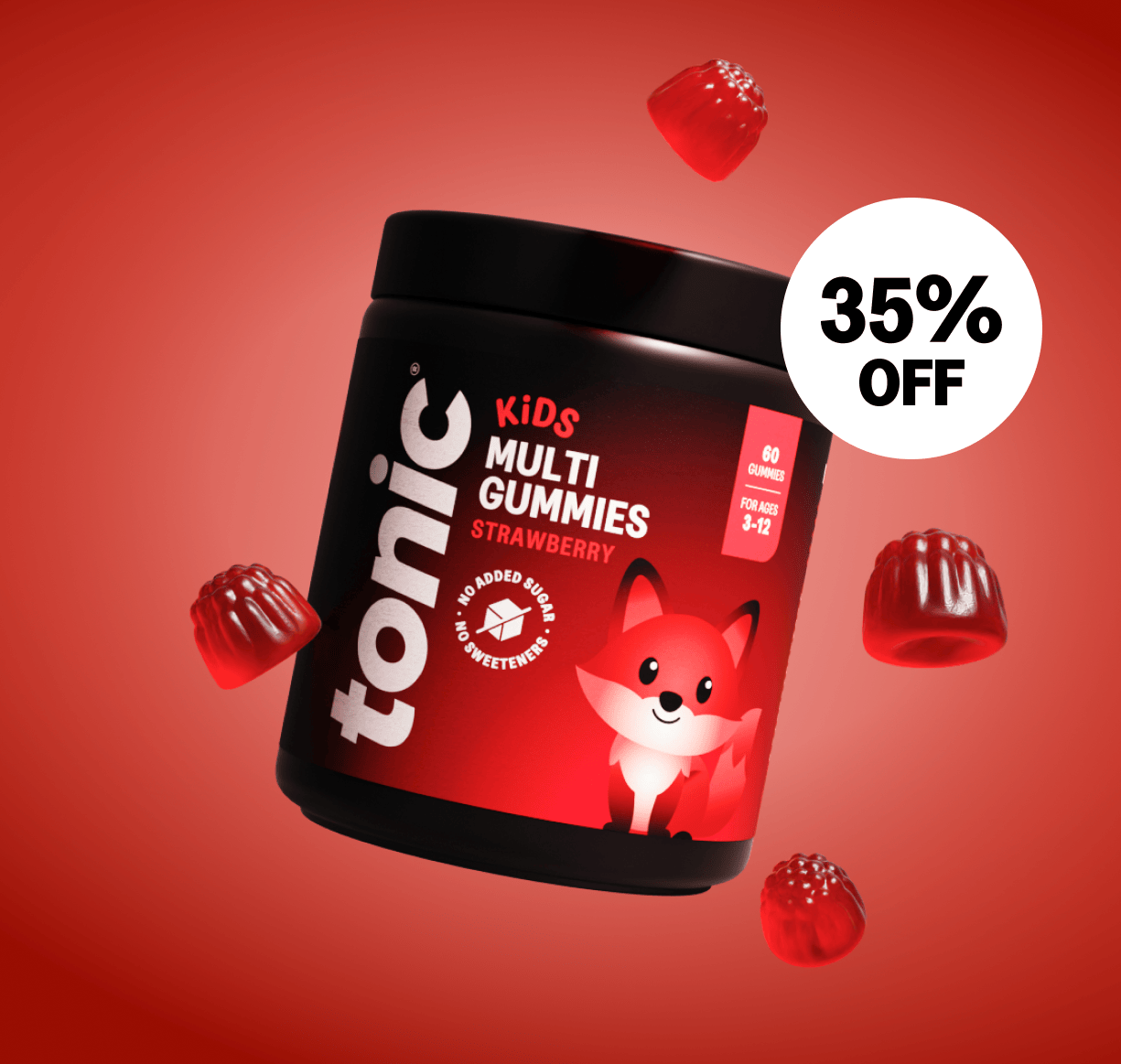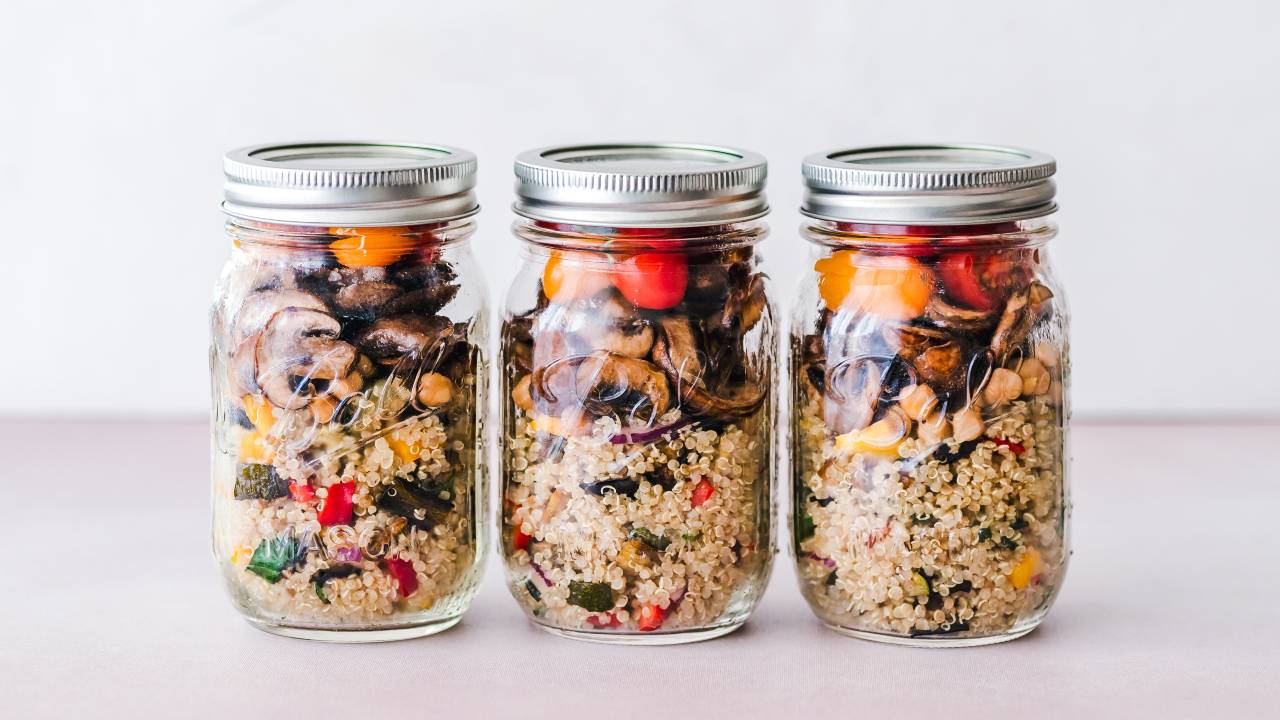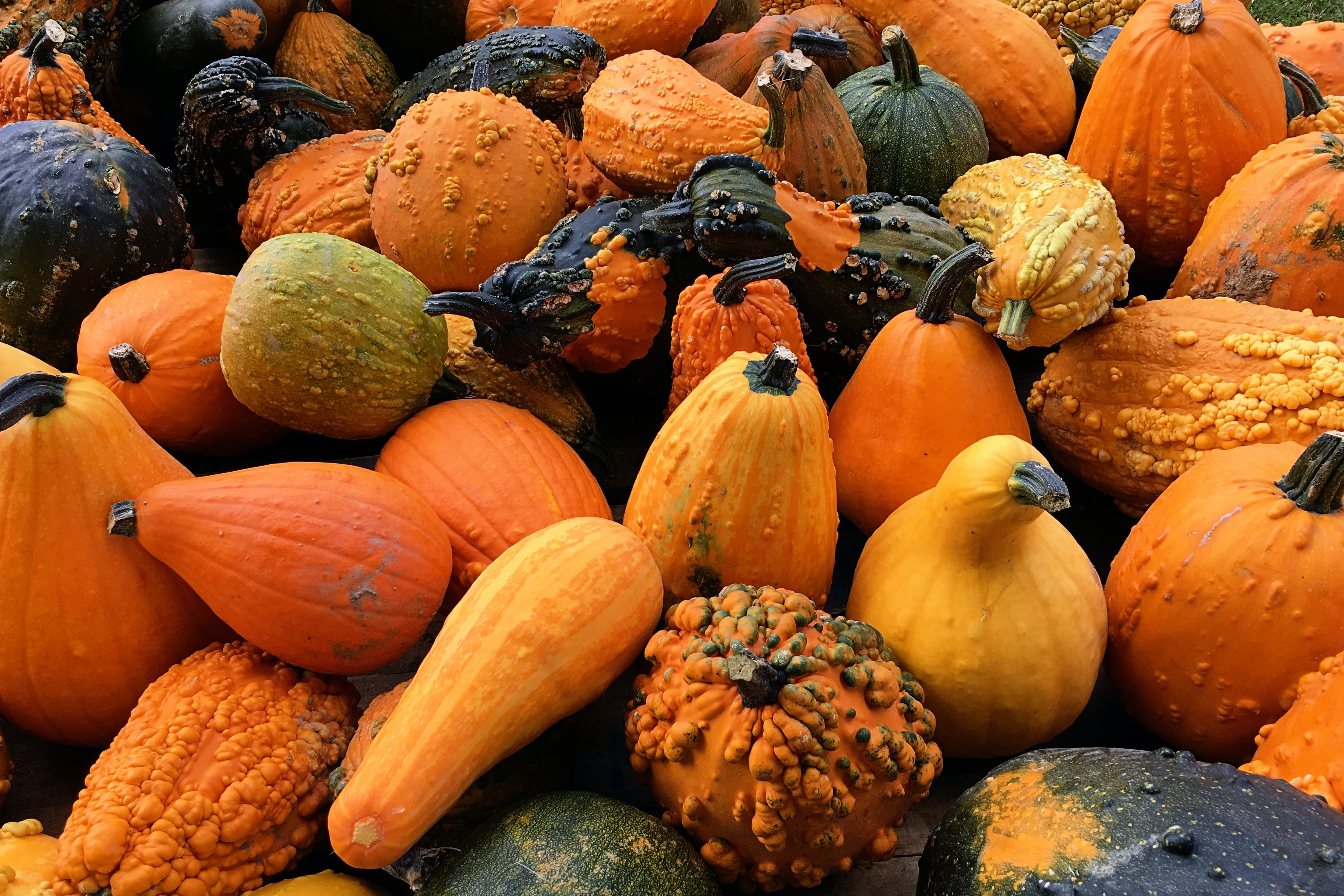The task of getting enough protein into your diet as a vegan is simultaneously simpler and more complex than you might think.
On one hand, it’s a bit of a myth that you’ll struggle to consume sufficient protein if you follow a vegan diet. After all, it’s not as if meat and eggs are the only dietary sources of protein.
One thing that distinguishes many plant-based protein sources from animal products, though, is that they aren’t considered to be “complete proteins”. That word “complete” is pretty important when it comes to proteins – but what does it mean, and what are the implications for vegans?
There’s more than one way to be “complete”
“Complete proteins” are, in short, proteins that contain adequate amounts of all nine essential amino acids. The total number of amino acids – which are the building blocks of protein – is actually 20, so the nine we’re referring to are those that the body is incapable of producing on its own, and which must therefore be obtained through the diet.
These nine essential amino acids are histidine, isoleucine, leucine, methionine, lysine, threonine, phenylalanine, valine and tryptophan.
Such animal products as dairy, eggs, meat and fish contain adequate levels of all nine of these essential amino acids, which means they are regarded as “complete proteins”. However, a lot of plant sources of protein don’t have sufficient amounts of one or more of these amino acids. They are therefore categorised as “incomplete” protein sources.
The good news if you’re a vegan, though, is that you don’t need every bite of food to contain all nine essential amino acids. As long as you get enough of each amino acid in your diet as a whole on a daily basis, you shouldn’t have any reason for concern about your protein intake.
Have fun mixing and matching complementary protein sources!
There are plenty of individual foods that, when consumed, help vegans to achieve a healthy intake of all nine amino acids. These include quinoa, which when cooked, offers about eight grams of protein per 185 grams, as well as Ezekiel bread, two slices of which – amounting to around 68 grams – will give you approximately eight grams of protein.
The blue-green algae known as spirulina is also popular among vegans on account of its status as a source of complete protein. It can be obtained in tablet or powdered form, with many adding it to smoothies, soups and salads; crucially, seven grams of dried spirulina provides around four grams of protein.
Furthermore, interesting foods exist that would not represent complete protein sources on their own, but do when paired. Rice and beans are one example of such a pairing, as brown and white rice are both high in methionine, but are low in lysine. By contrast, beans have low methionine content, but are a rich source of lysine, thereby enabling rice and beans to work well together in a vegan diet.
It’s a similar story with pita and hummus. There isn’t enough lysine in the wheat used to make pita for it to be regarded as a complete protein source, but there’s a lot more lysine in chickpeas, which are hummus’ main ingredient.
There are so many other great pairings like this for vegans, such as pasta and peas, whole wheat bread and peanut butter, and lentils and almonds, that you shouldn’t have much excuse for lacking all nine essential amino acids in your diet, provided that you are a sufficiently conscientious eater. So, you really can get the protein you need in your diet, without compromising on your principles.
Other sources:
https://www.healthline.com/nutrition/complete-protein-for-vegans
https://www.neat-nutrition.com/blogs/news/a-guide-to-complete-proteins-for-vegans







Leave a comment
All comments are moderated before being published.
This site is protected by hCaptcha and the hCaptcha Privacy Policy and Terms of Service apply.